Earlier this month I traveled to London with my wife and 3 of our kids for my graduation ceremony from London School of Theology (University of Middlesex).
I had already graduated last November with a Master of Arts in Integrative Theology, but the ceremony was postponed until now because of the pandemic. As a result, it was a small ceremony, with most of the graduates not attending in person.
For more on what Integrative Theology is, see this episode of the Theology for the People Podcast: Theological Method: Sources of Theology and Why People Arrive at Different Conclusions about Faith and the Bible.
This is my second degree that I’ve done in the British system; I got my BA in Theology years ago from the University of Gloucestershire in the west of England.
London School of Theology (LST) is the largest non-denominational evangelical divinity school in Europe, and there were students from all over Europe and the world in my masters program, including several from the United States.
Sometimes people ask me why I chose to study in the UK rather than in the US. Part of the reason is because I began my theological studies while I was living in Hungary, and the UK was closer than the US. However, I chose to go back to school in the UK for my masters primarily because of cost, the ability to study fully online, and quality of education.
I currently have three American friends who are pursuing post-graduate degrees in the UK, one at LST, another in Oxford, and the other in Birmingham. I would recommend that more Americans consider studying theology in the United Kingdom for a few key reasons:
No Separation of Church & State = Lower Cost
Unlike the United States, the United Kingdom does not have “separation of church and state.” So whereas there might be more practicing Christians in the United States, on paper the US is a more secular state. The UK has a state church, with ties between the government and that church, e.g. the role of the monarch as the head of the church and the presence of Anglican bishops in the House of Lords. What this all amounts to is that the UK is, at least on paper, an officially Christian nation, whereas the United States is an officially secular nation.
One of the results of the separation of church and state in the United States is that public universities cannot have theological seminaries; at best they can have courses on subjects like “comparative religions.” For this reason, all theological seminaries in the United States are private schools, or part of private universities, which means no government funding, and higher cost for the student.
Since the United Kingdom does not having a separation of church and state, many public universities (e.g. Sheffield, Nottingham, Birmingham) have theological colleges (AKA departments), which amounts to a lower cost for the student. Many of these schools are highly respected, such as Nottingham, which has a great program in systematic theology, and LST which also has a great reputation around the world.
Furthermore, I was able to register for LST as a Hungarian citizen before the UK left the EU, which meant I qualified for subsidies as a “domestic student.” I’m not sure how or if things have changed for European students now as a result of Brexit.
British Education & British Evangelicalism
Perhaps I am biased, but I prefer the British higher education system. In undergraduate studies, they do not require “prerequisites” like American schools do, which means that the focus of your entire undergrad program is in your chosen field of study. In other words, if you study theology in England, you won’t have to take any math classes. Furthermore, the British system tends to have fewer homework assignments, and most of the assignments are essay writing. Undergrad students often write a dissertation research project to get their BA.
British evangelicalism has held onto the key facets of evangelical (meaning: gospel-focused) beliefs, such as the primacy and inerrancy of Scripture and the need for people to be born again by grace through faith, in a way that has avoided much of the politicalization of American evangelicalism. LST, for example, was founded by evangelical pastor John Stott, and is the alma mater of well-known Bible teacher Alister Begg.
If you are considering a theological education, I’d recommend looking into some options in the UK. I’m glad I did.
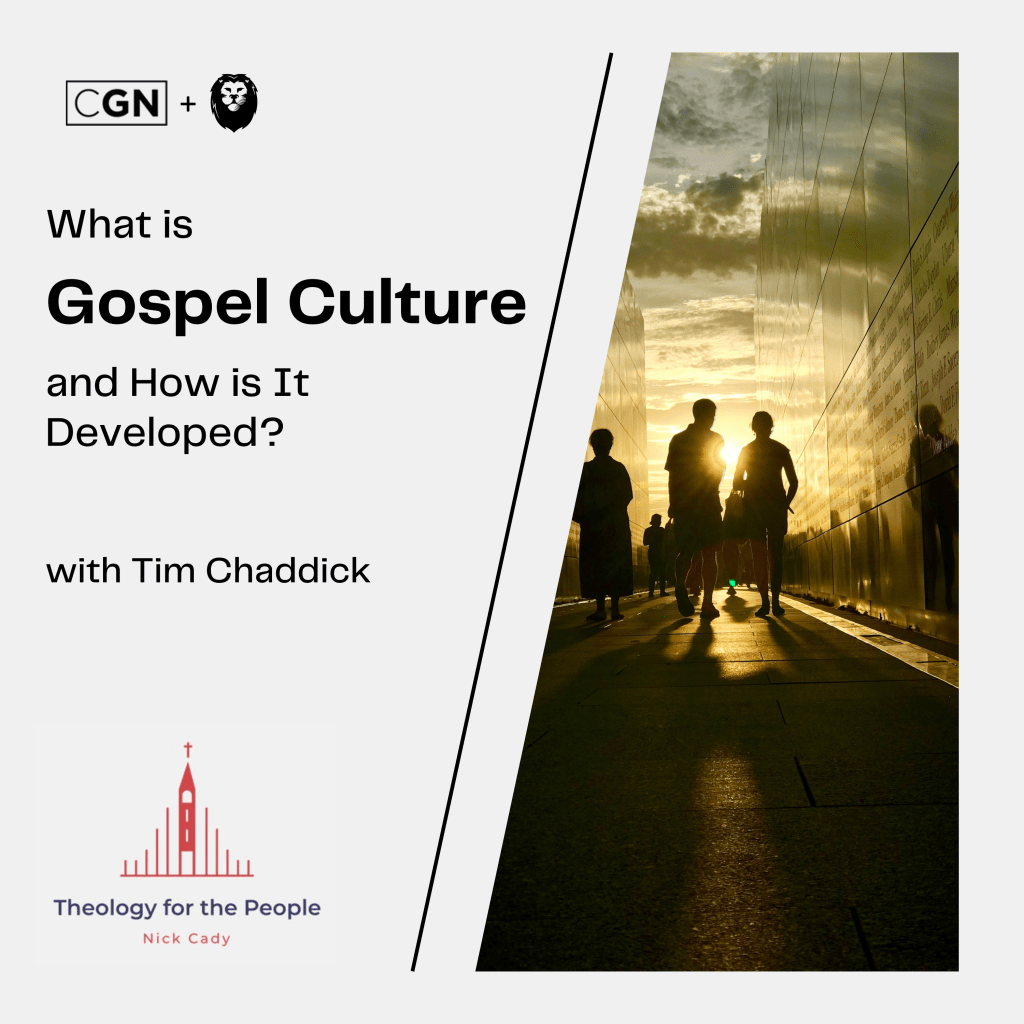


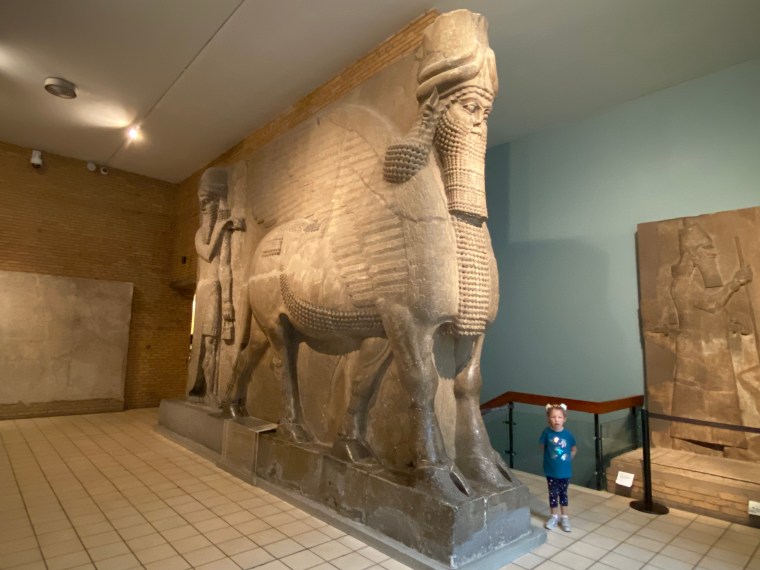
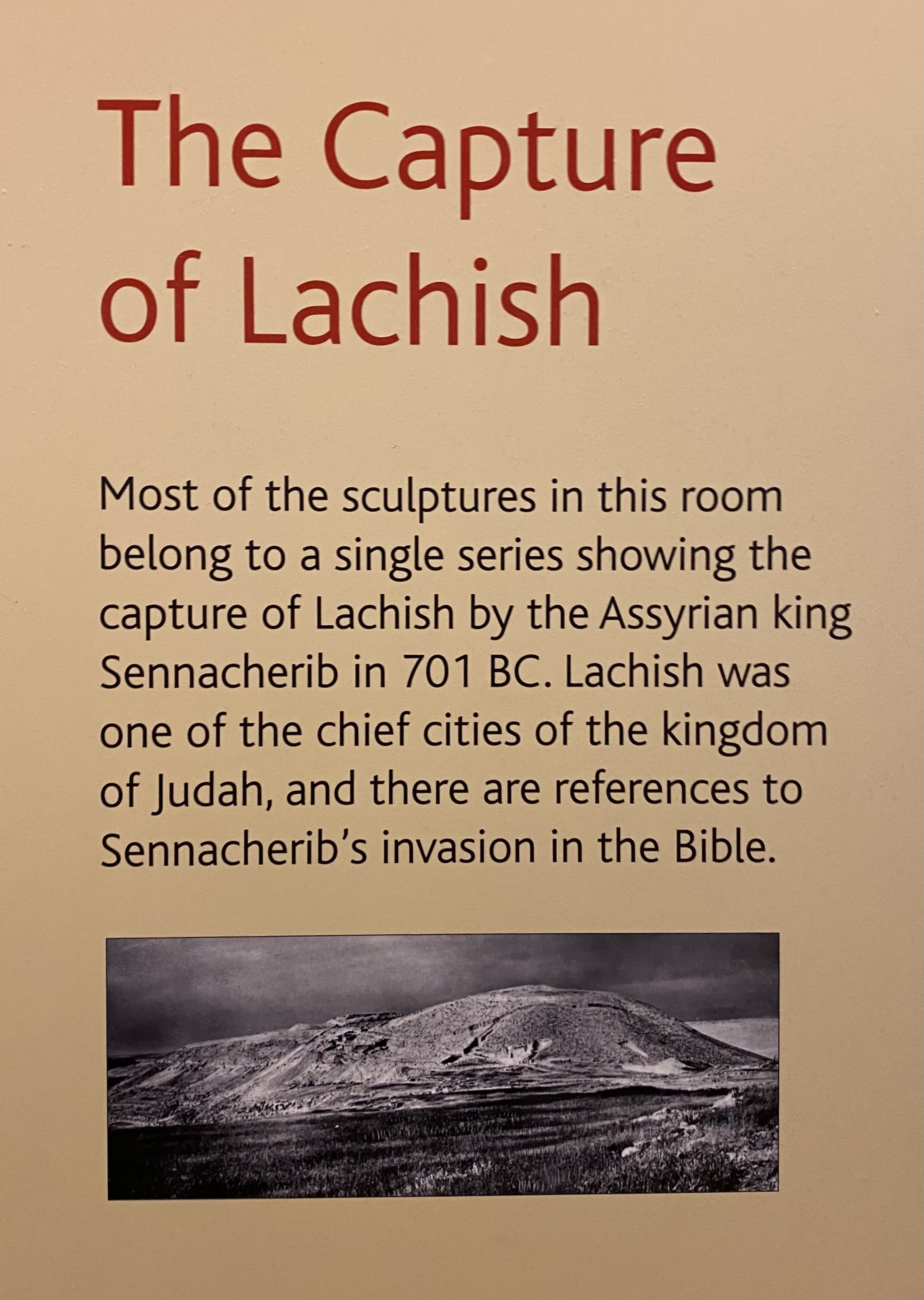
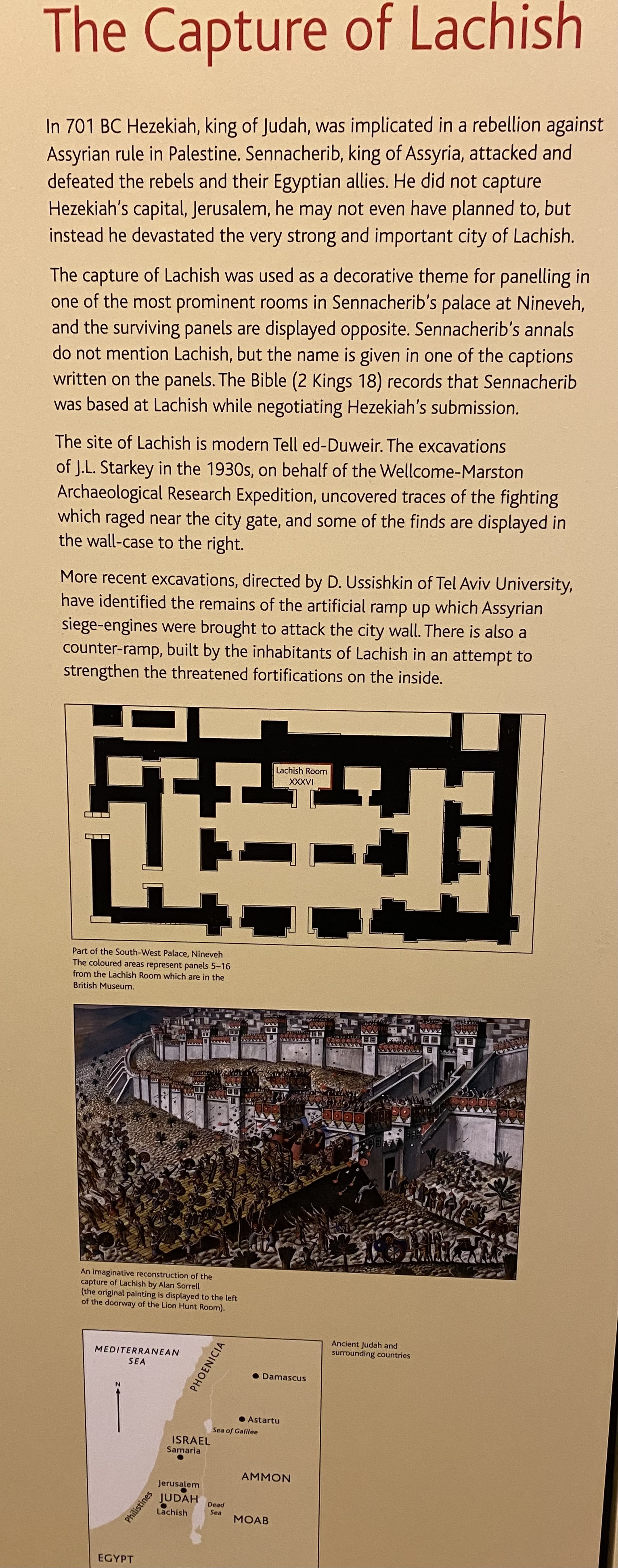
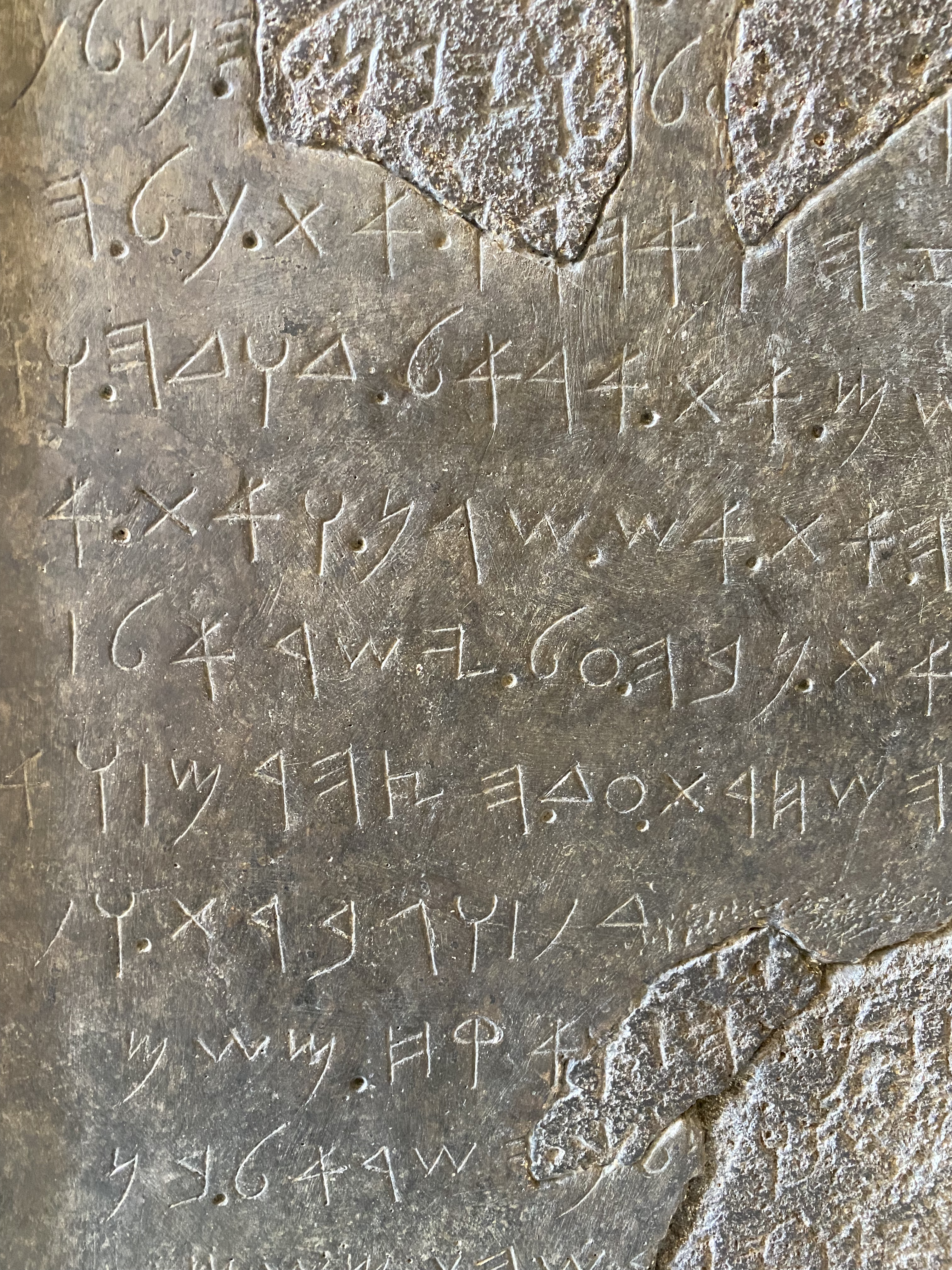

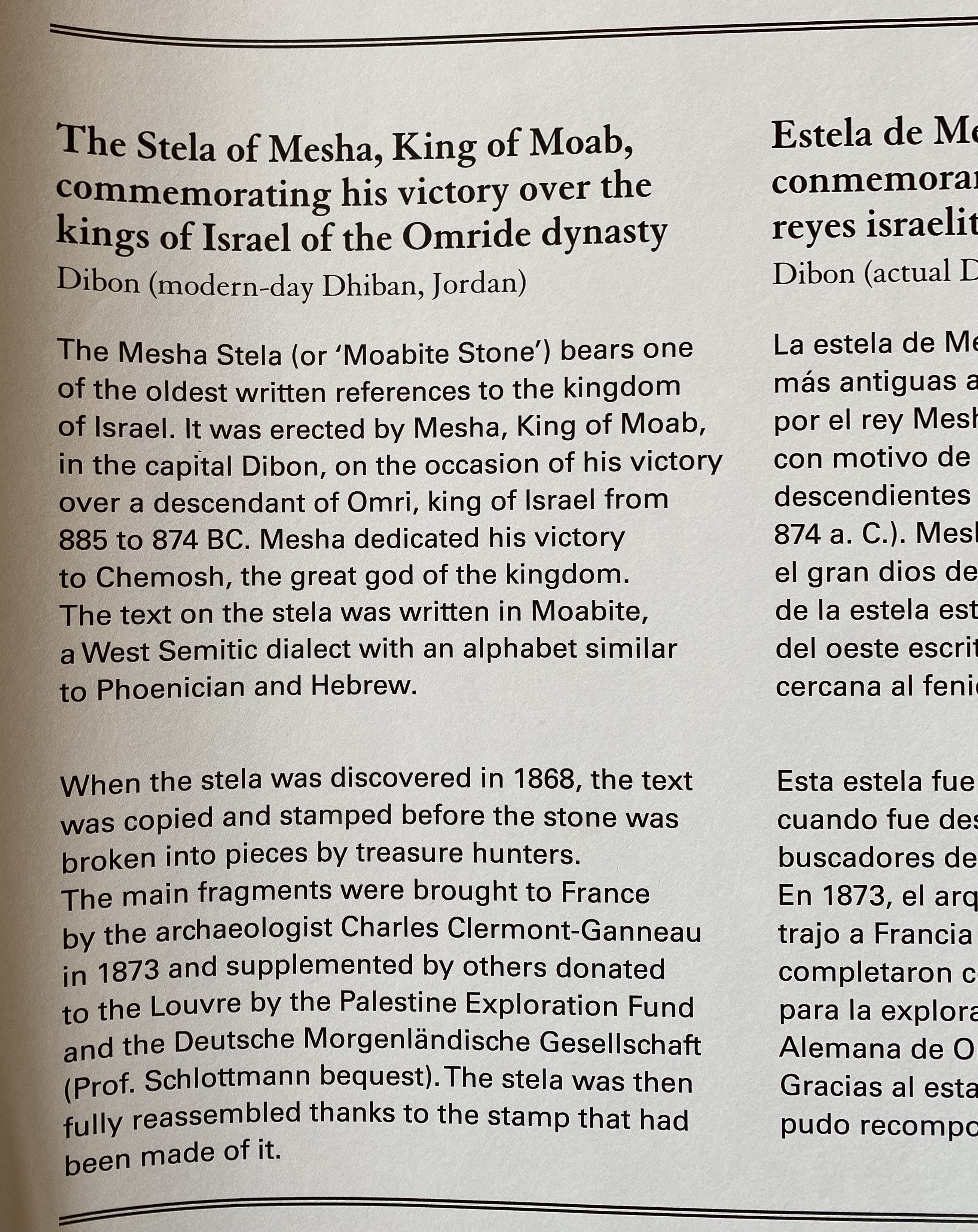
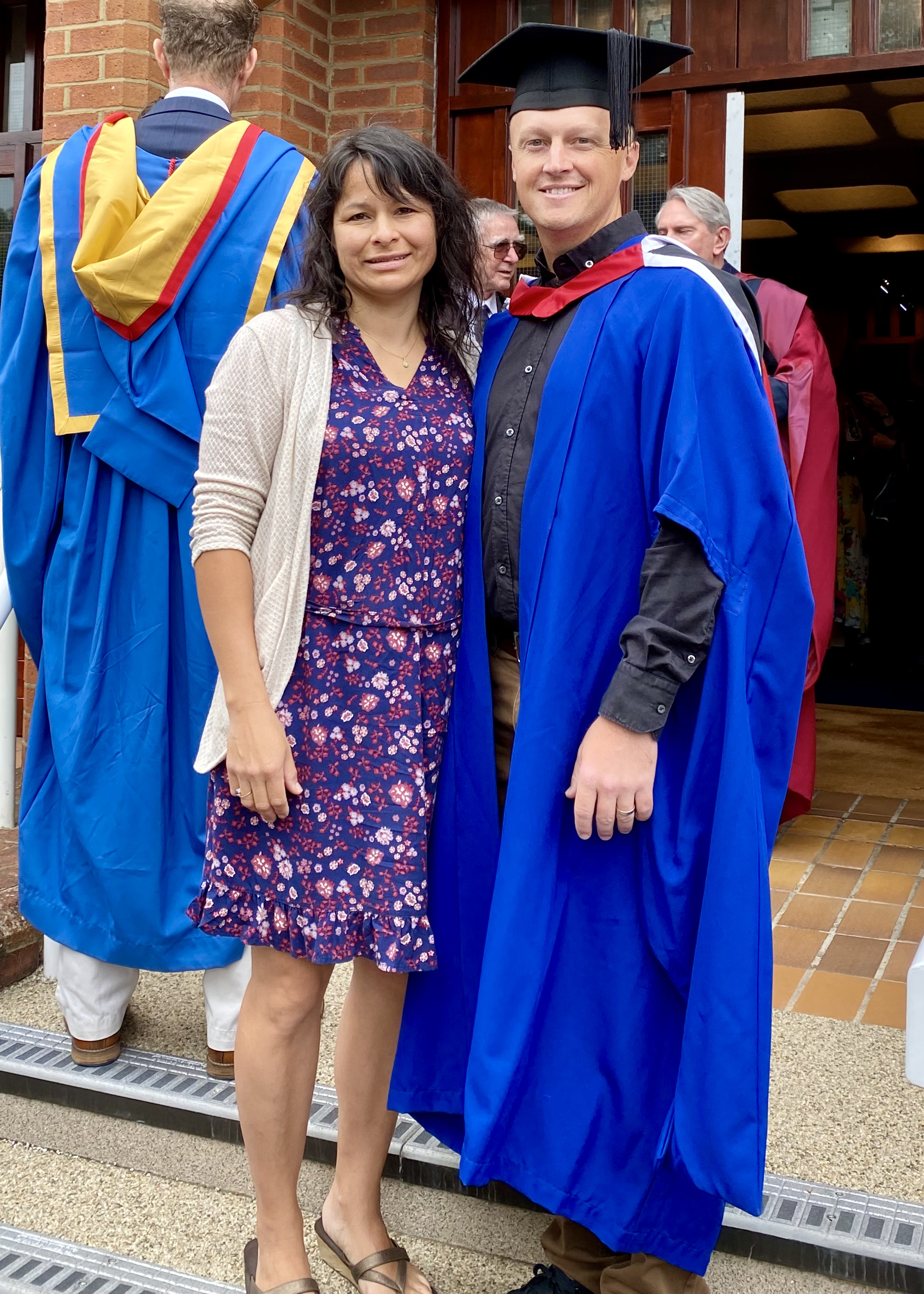
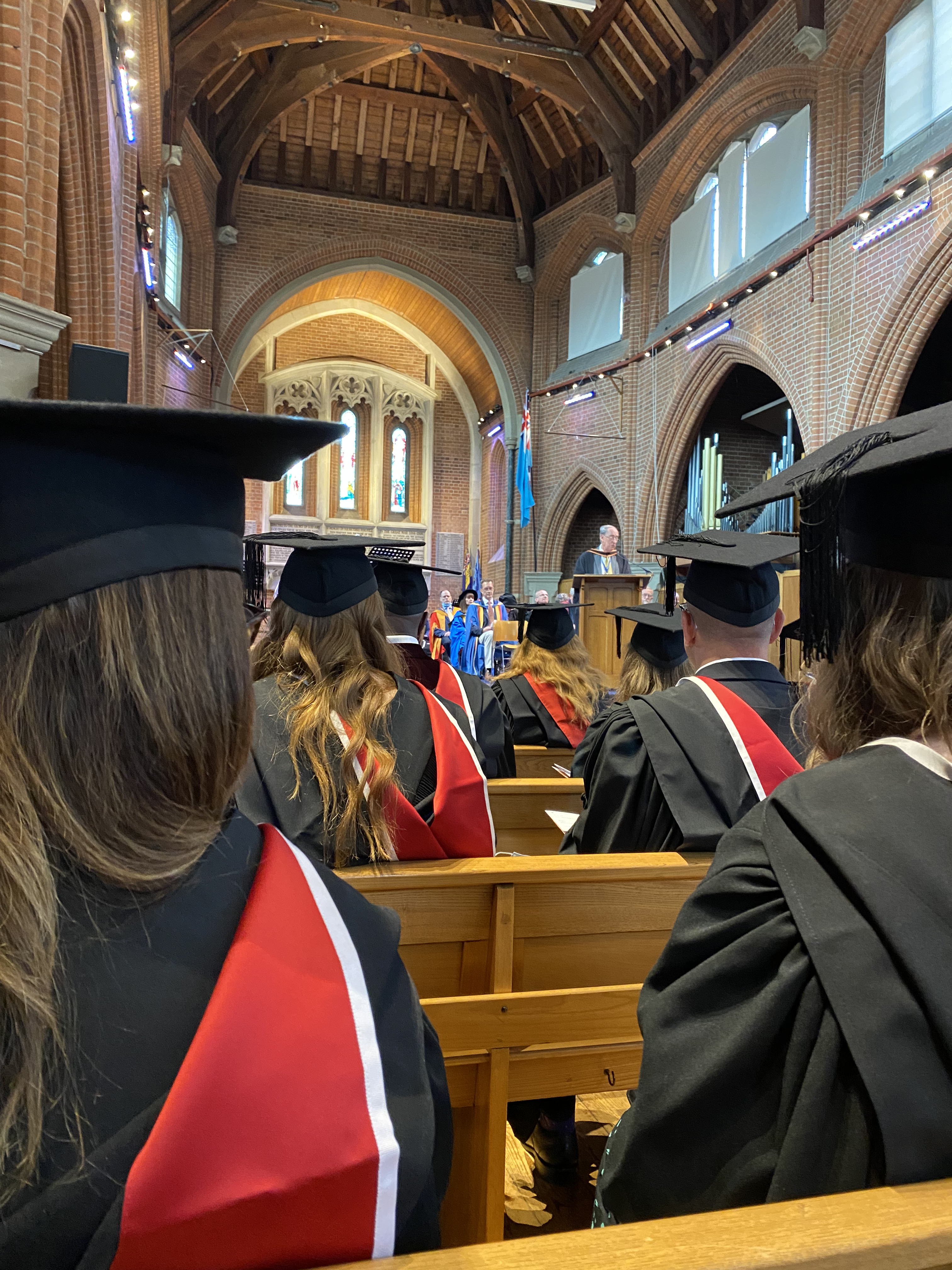
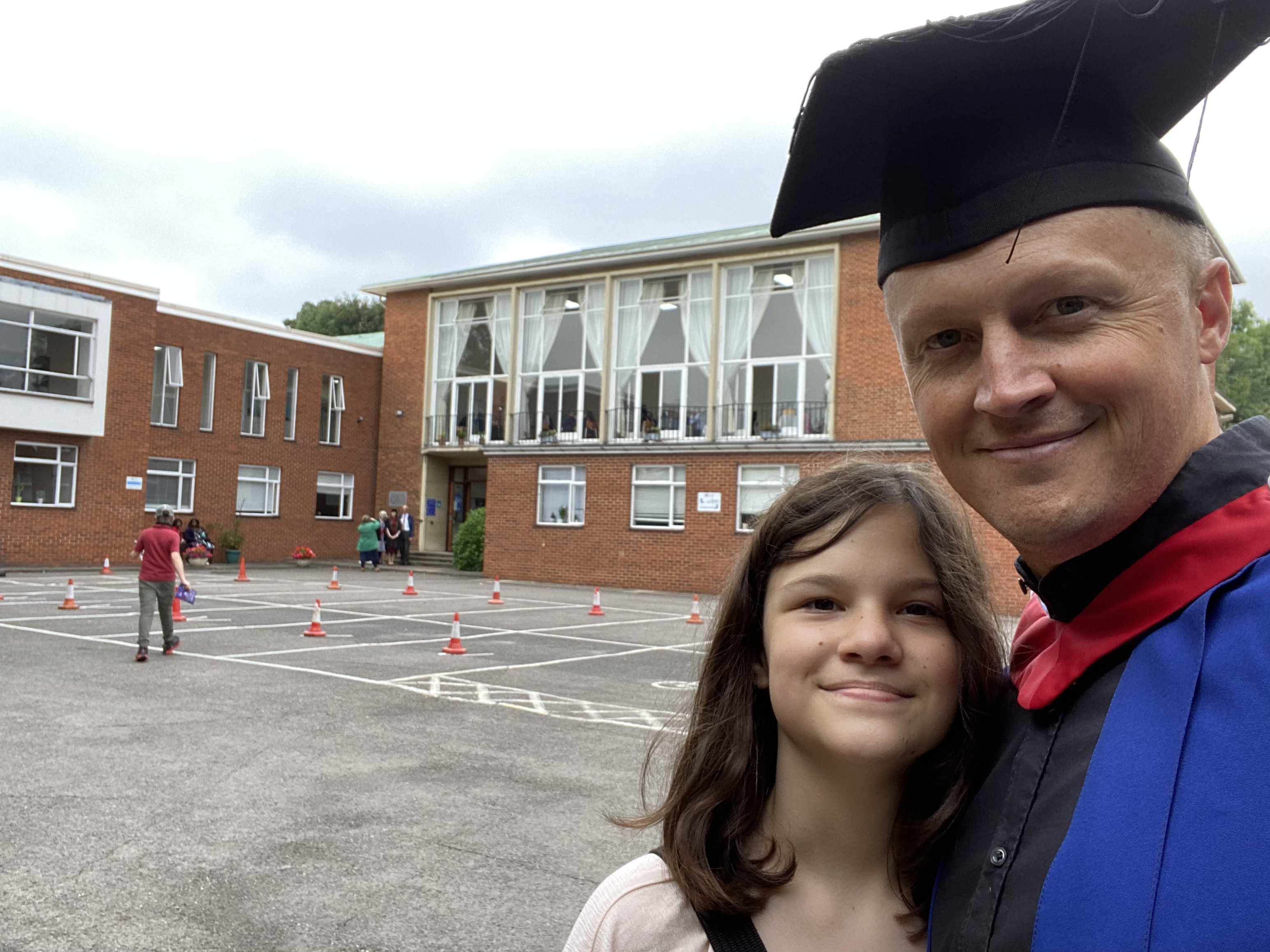
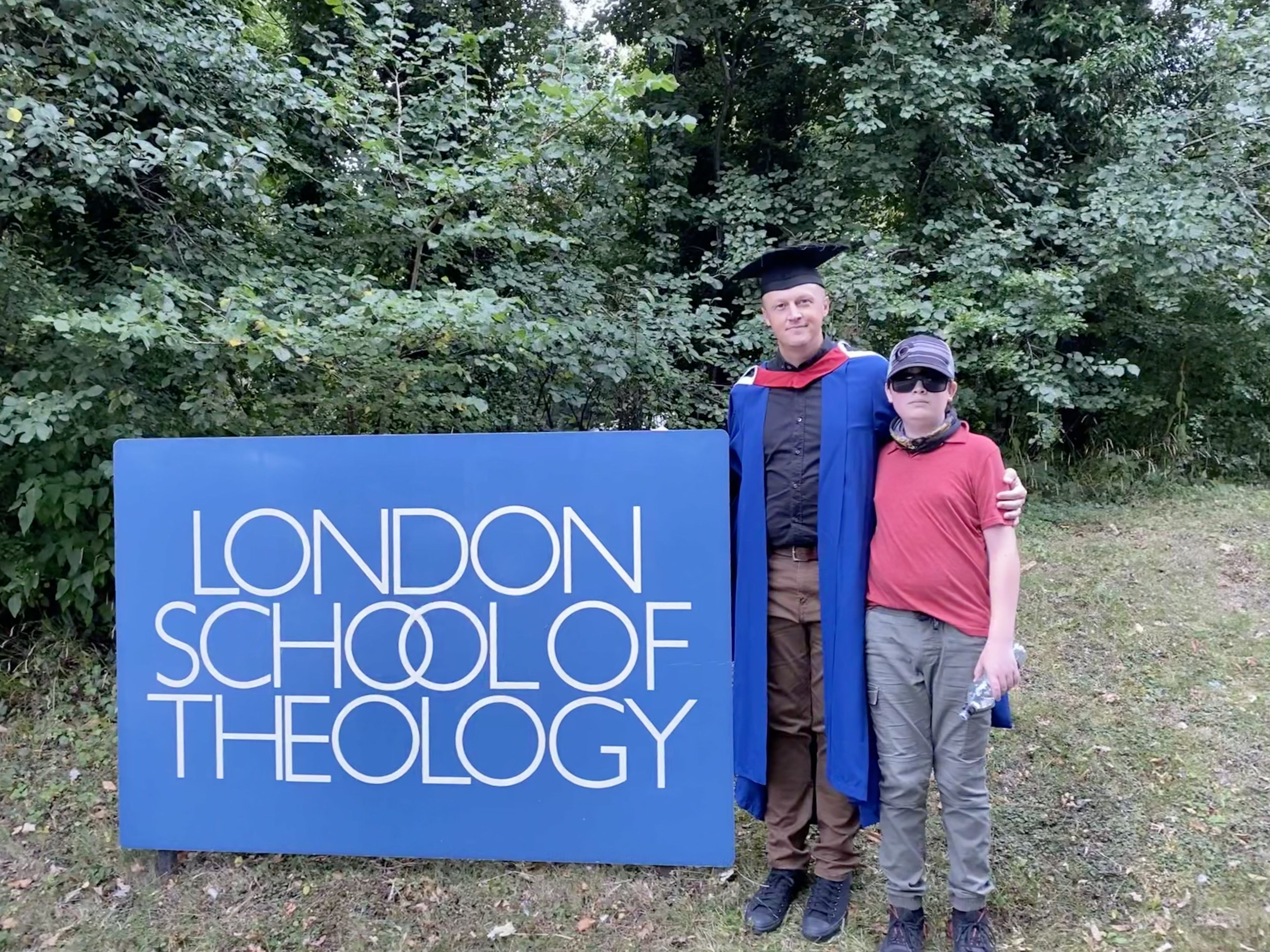

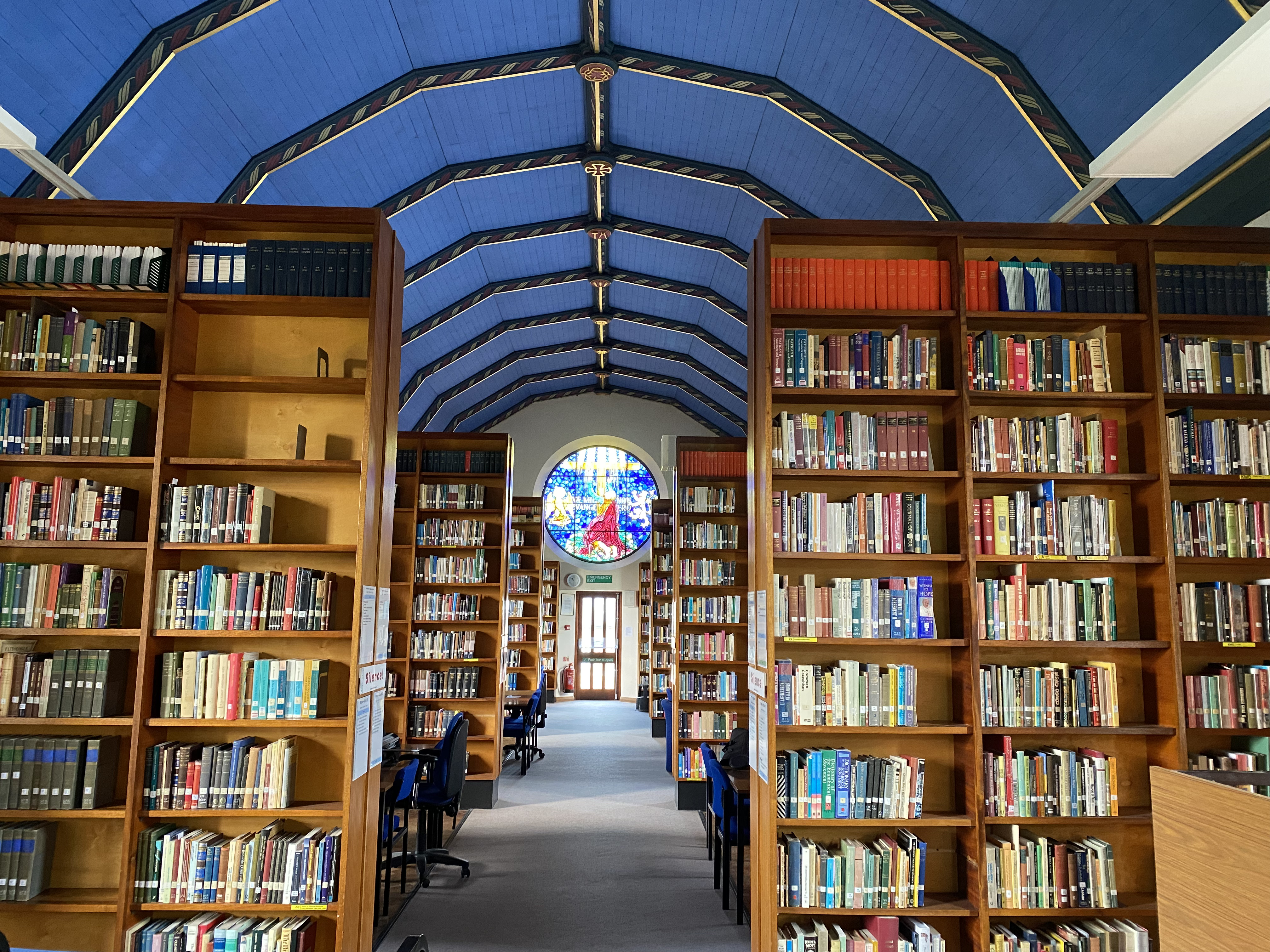

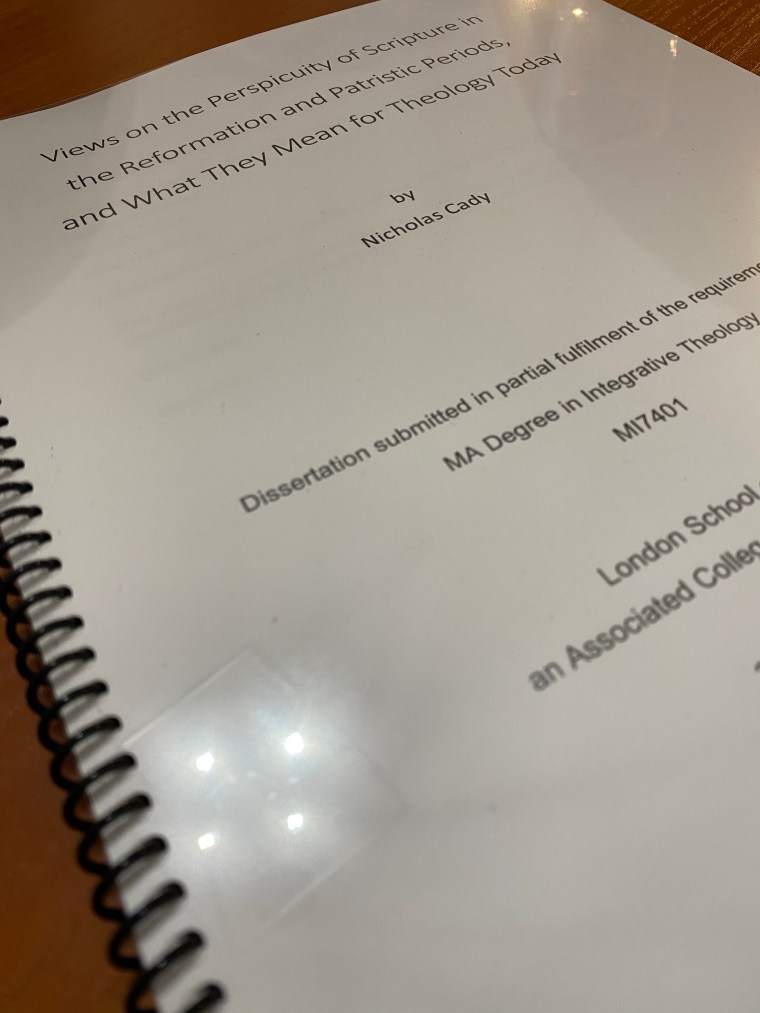
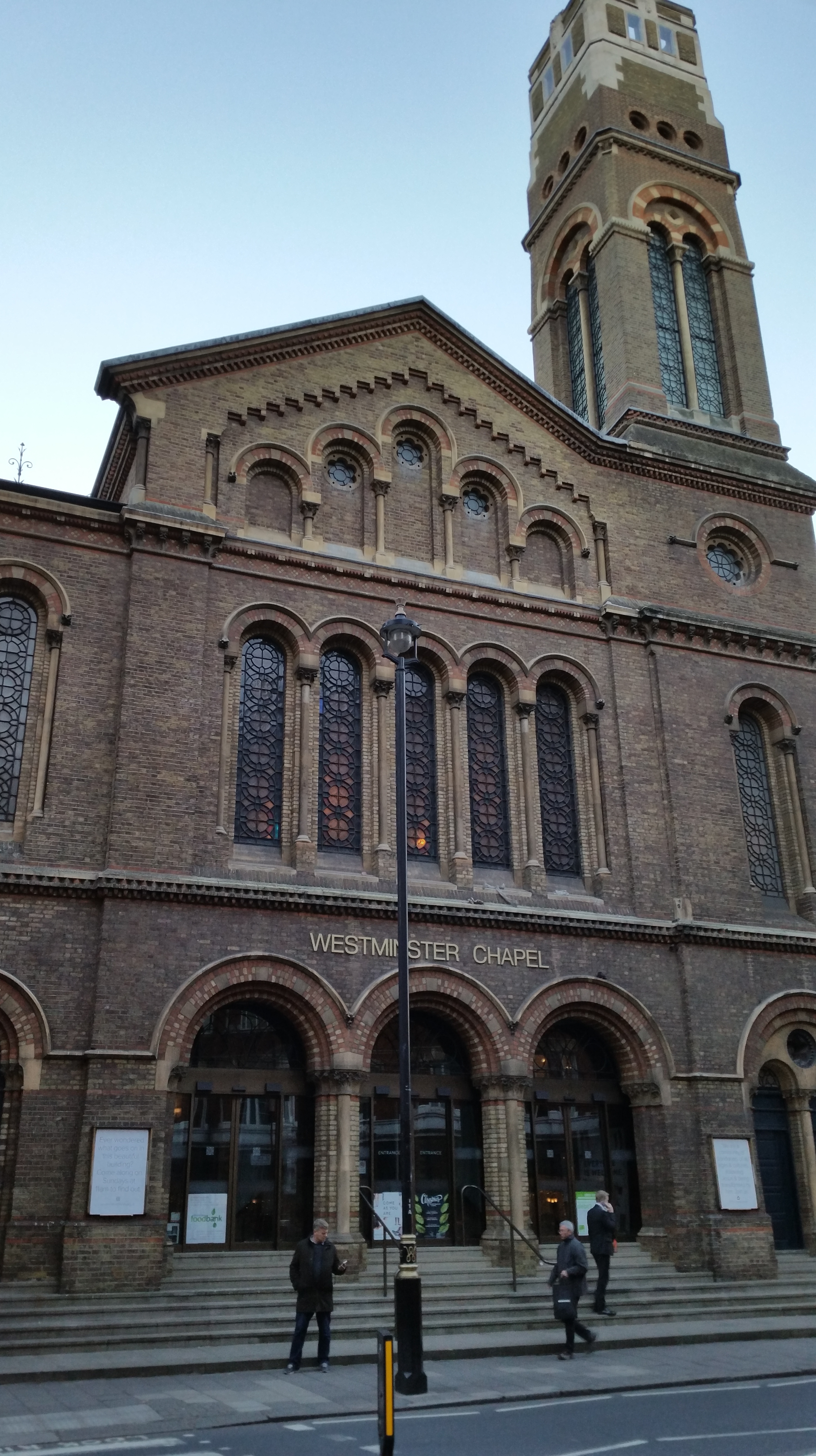
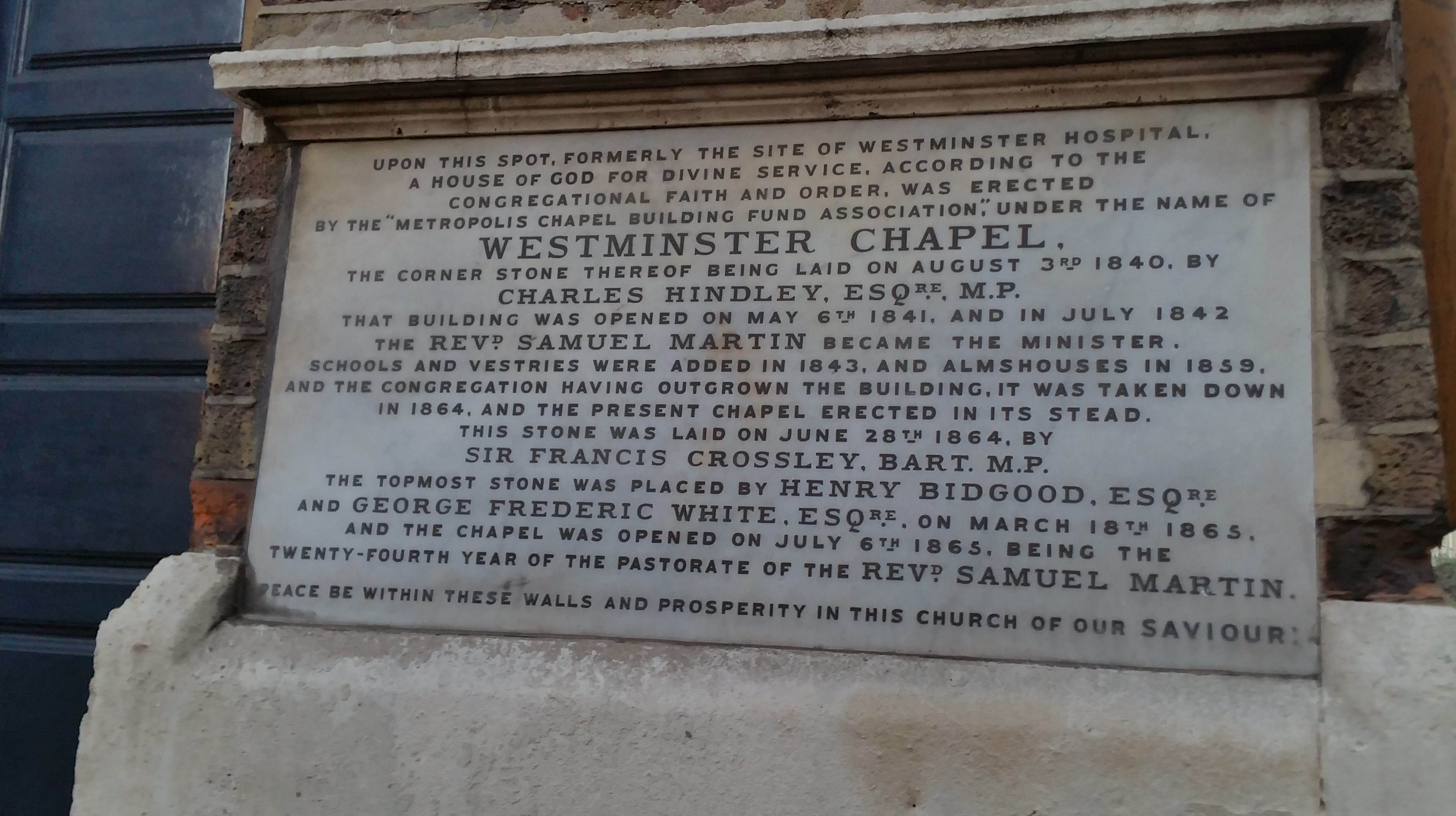
 Big Ben is the most famous clock in the world. It towers over the city of London, over Westminster Abbey and the Parliament.
Big Ben is the most famous clock in the world. It towers over the city of London, over Westminster Abbey and the Parliament.